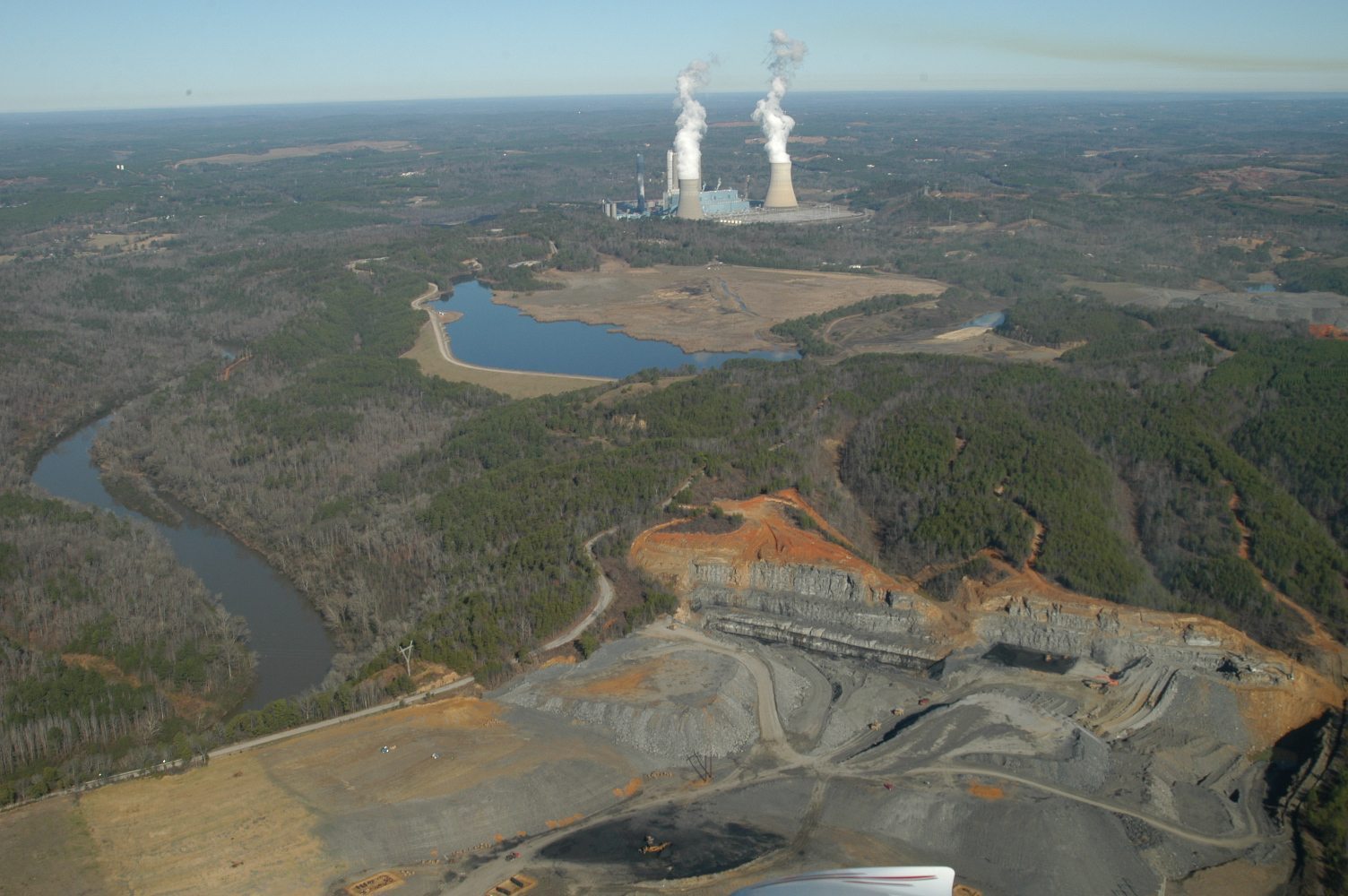COVID-19: Air pollution reductions?
I think many of us are looking for a silver lining right now; many are looking for a calm amidst the storm (side note, this video from a doctor working with only COVID-19 patients in New York City is the best thing I have seen since this started. It’s logical, measured and hopeful. I encourage everyone to watch).
This might be why almost every friend or family member has sent to me articles about how air pollution has been reduced worldwide. I, of course, reply that this is a good thing. This is certainly a silver lining. However, I also use this opportunity to remind that a lot of the reduction is for mobile sources of air pollution. That’s not to say the reduction is insignificant, but I knew it was an important distinction to make.
Because I knew this was coming. Yesterday EPA announced the “Enforcement Discretion Policy for COVID-19 Pandemic.” This policy allows power plants, factories and other facilities to determine for themselves if they are able to meet legal requirements on reporting air and water pollution. The Policy asks companies to “act responsibly” if they cannot currently comply with rules that require them to monitor or report the release of hazardous air pollution. Businesses, it said, should “minimize the effects and duration of any noncompliance” and keep records to report to the agency how Covid-19 restrictions prevented them from meeting pollution rules.
Almost as concerning as the Policy itself is the fact that its duration is indefinite, and merely refers to “after this policy is no longer in effect, EPA expects full compliance.” The million dollar question for everyone these days is “when can my life go back to normal?” I have seen anything from President Trump saying by Easter to epidemiologists and doctors cautioning this “new normal” might have to last until we have a vaccine, which is at least a year from now. So all we know is that EPA could be allowing power plants, refineries and other polluters to “act responsibly” until Easter, or have a field day for a year or more.
Not only will EPA not take civil enforcement actions during this undefined time, but polluting industries can also skip out on monitoring. Without sufficient monitoring and recordkeeping, citizens and groups like Gasp are hamstrung in their ability to hold agencies and industry accountable.
EPA even goes so far as to defer to the states on enforcement. This is especially concerning in a place like Jefferson County, AL. Our regulatory agency for air is the Jefferson County Department of Health. Given the COVID-19 has community spread here, and we have the highest confirmed cases of COVID-19 in the state, I’d say our Department of Health is pretty busy. So if EPA is punting their right to act to JCDH, who is already overwhelmed, I would imagine polluting industries in Jefferson County could have a real field day.
So, to all my friends and family who sent me those articles, I’m still happy we are seeing less pollution from mobile sources. But what EPA did yesterday is what I knew was coming, and tarnishes that silver lining for me.
COVID-19 is a public health crisis. It should not be a field day for polluters. Now, more than ever, the work Gasp does is critical.


